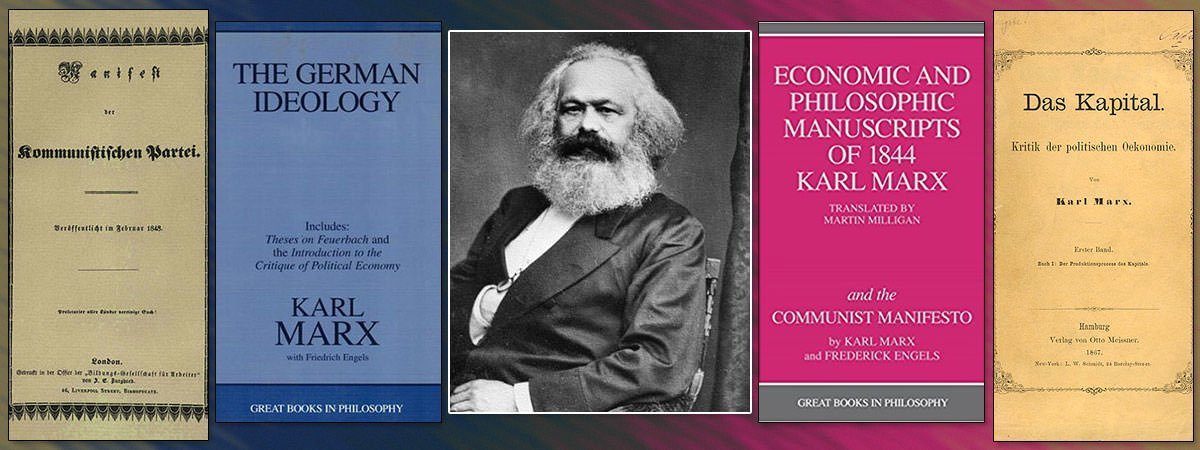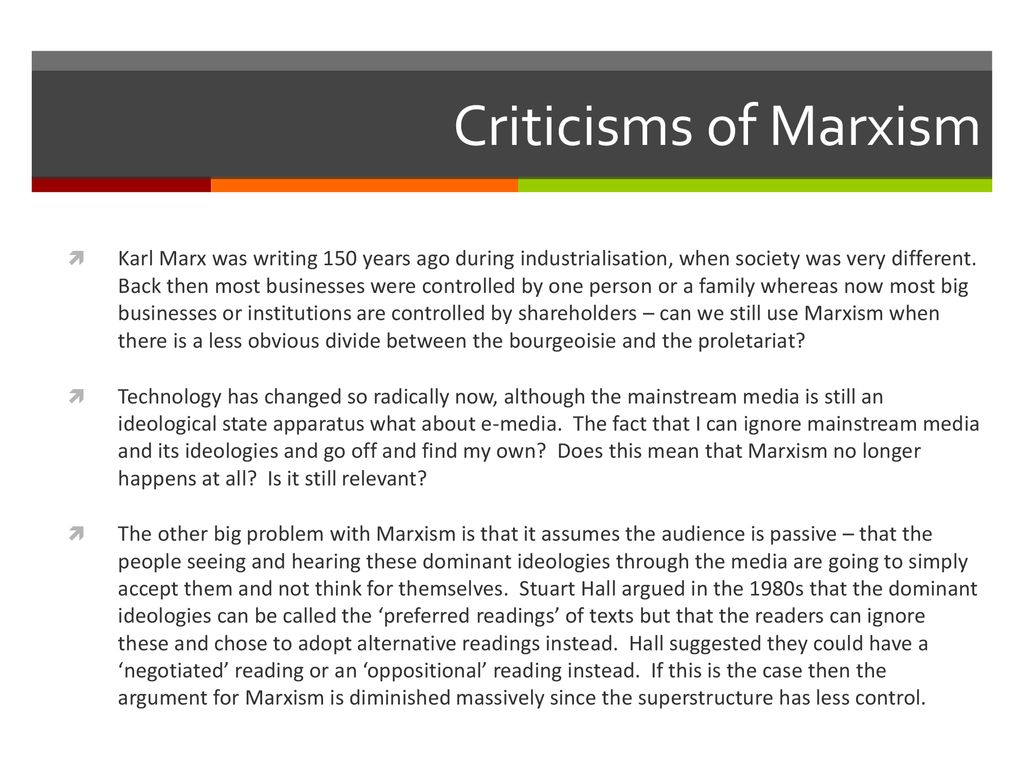Marxism is a socio-economic and political theory that was developed by Karl Marx and Friedrich Engels in the 19th century. It is based on the idea that society is divided into classes based on their relationship to the means of production, and that history is a series of struggles between these classes. Marxism is a critical theory that aims to understand and change the world by analyzing the structures and dynamics of capitalism and advocating for the creation of a socialist society.
One key feature of Marxism is the concept of class struggle. Marx and Engels believed that society is divided into two main classes: the bourgeoisie, or the owners of the means of production, and the proletariat, or the working class. The bourgeoisie own and control the factories, land, and other resources necessary for the production of goods and services, while the proletariat sell their labor in exchange for wages. According to Marxist theory, the bourgeoisie exploit the proletariat by paying them less than the value of their labor, and accumulate wealth and power through this exploitation. The proletariat, on the other hand, are oppressed and exploited by the bourgeoisie and are subject to alienation, or the feeling of being disconnected from the products of their own labor.
Another key feature of Marxism is the idea of historical materialism. Marx and Engels argued that human history is driven by the development of the means of production, or the tools and resources that people use to produce goods and services. According to historical materialism, each mode of production (such as slavery, feudalism, or capitalism) is characterized by a specific set of social relations, and the conflicts and struggles between different classes are shaped by these relations. As the means of production change and evolve, so do the social relations, and new modes of production emerge.
A third key feature of Marxism is the concept of alienation. Marx argued that under capitalism, the proletariat are alienated from their labor, their fellow workers, and themselves. They are forced to work long hours in conditions over which they have no control, and are paid a wage that does not reflect the value of their labor. This alienation leads to feelings of powerlessness, frustration, and despair, which Marx believed were the root causes of social and political unrest.
A fourth key feature of Marxism is the idea of the dictatorship of the proletariat. Marx believed that the working class must seize power from the bourgeoisie in order to create a socialist society. He argued that the proletariat should form a revolutionary party that would lead the struggle against the bourgeoisie and establish a temporary dictatorship of the proletariat. This dictatorship would be necessary to suppress the resistance of the bourgeoisie and to dismantle the capitalist system, after which the dictatorship of the proletariat would wither away and be replaced by a classless society.
In conclusion, Marxism is a critical theory that aims to understand and change the world by analyzing the structures and dynamics of capitalism and advocating for the creation of a socialist society. It is characterized by the concepts of class struggle, historical materialism, alienation, and the dictatorship of the proletariat. These ideas have had a significant impact on political, economic, and social thought, and continue to be debated and discussed by scholars and activists around the world.









